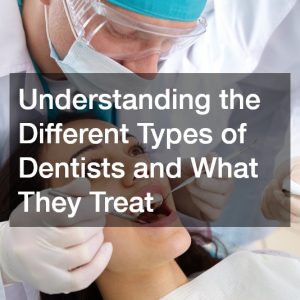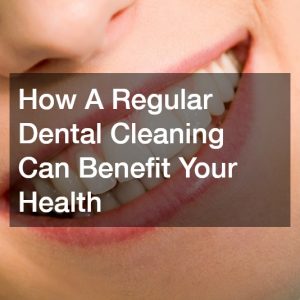When considering getting braces, there are several important factors to understand to ensure you are fully prepared for the journey to a straighter smile. Braces are a significant commitment, both in terms of time and lifestyle adjustments. Here’s what you should know before taking this step:
1. Types of Braces
There are several types of braces to choose from, each with its own advantages:
Traditional Metal Braces: These are the most common type, known for their effectiveness in treating complex dental issues. They are typically the most affordable option.
Ceramic Braces: Similar to metal braces in design but made of ceramic materials, these braces are less visible on your teeth. They can be more expensive and require more careful maintenance.
Lingual Braces: Positioned on the back of the teeth, lingual braces are completely hidden from view. They can be more uncomfortable and harder to clean.
Clear Aligners: Like Invisalign, clear aligners are virtually invisible and can be removed for eating and brushing. They are best for mild to moderate dental issues and require strict adherence to wearing them nearly 22 hours a day.
2. Initial Consultation
Your orthodontic treatment will begin with a consultation, during which your orthodontist will evaluate the alignment of your teeth and discuss potential treatment options. This appointment typically includes X-rays, photographs of your face and teeth, and a bite impression to create a precise treatment plan.
3. Cost and Insurance
The cost of braces varies widely depending on the type of braces, the complexity of your case, and your geographic location. Before committing, discuss the cost with your orthodontist and check with your dental insurance provider to see what portion, if any, is covered. Many orthodontists offer payment plans to help manage the expense.
4. Treatment Duration
The length of time you will need to wear braces varies based on the severity of your dental issues, how well you follow your orthodontist’s instructions, and the type of braces you choose. On average, treatment can last between one and three years.
5. Lifestyle Adjustments
Wearing braces requires some lifestyle adjustments, particularly in your eating habits and oral hygiene routine:
Food Restrictions: Avoid hard, sticky, and chewy foods that can damage braces. Apples, carrots, popcorn, and gum are typically off-limits.
Oral Hygiene: Braces require meticulous cleaning to prevent food particles from getting trapped, leading to plaque buildup and potential tooth decay. Brushing after every meal and using special tools like floss threaders or water flossers are recommended.
6. Regular Appointments
You will need to visit your orthodontist regularly—usually every 4 to 6 weeks—to ensure your braces are exerting the right amount of pressure on your teeth. These appointments are crucial for making adjustments to the braces and tracking your progress.
Watch the video above to learn more and choose your dentist for braces carefully!.






